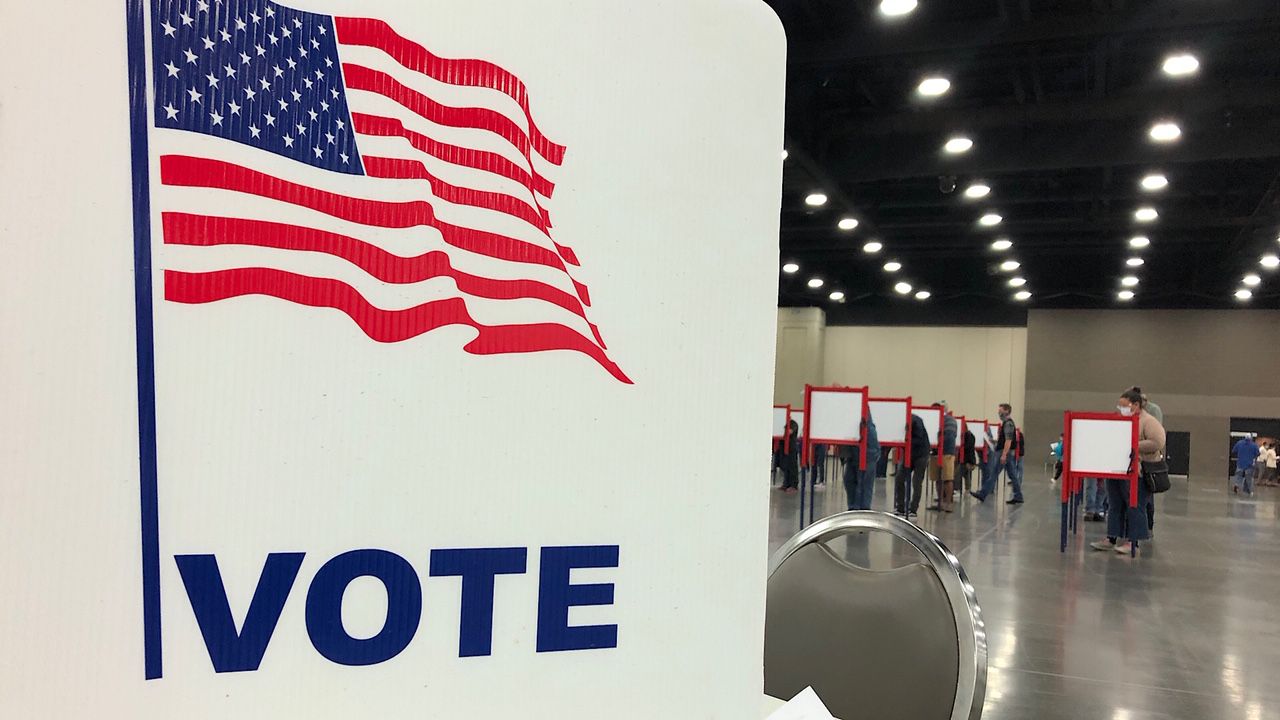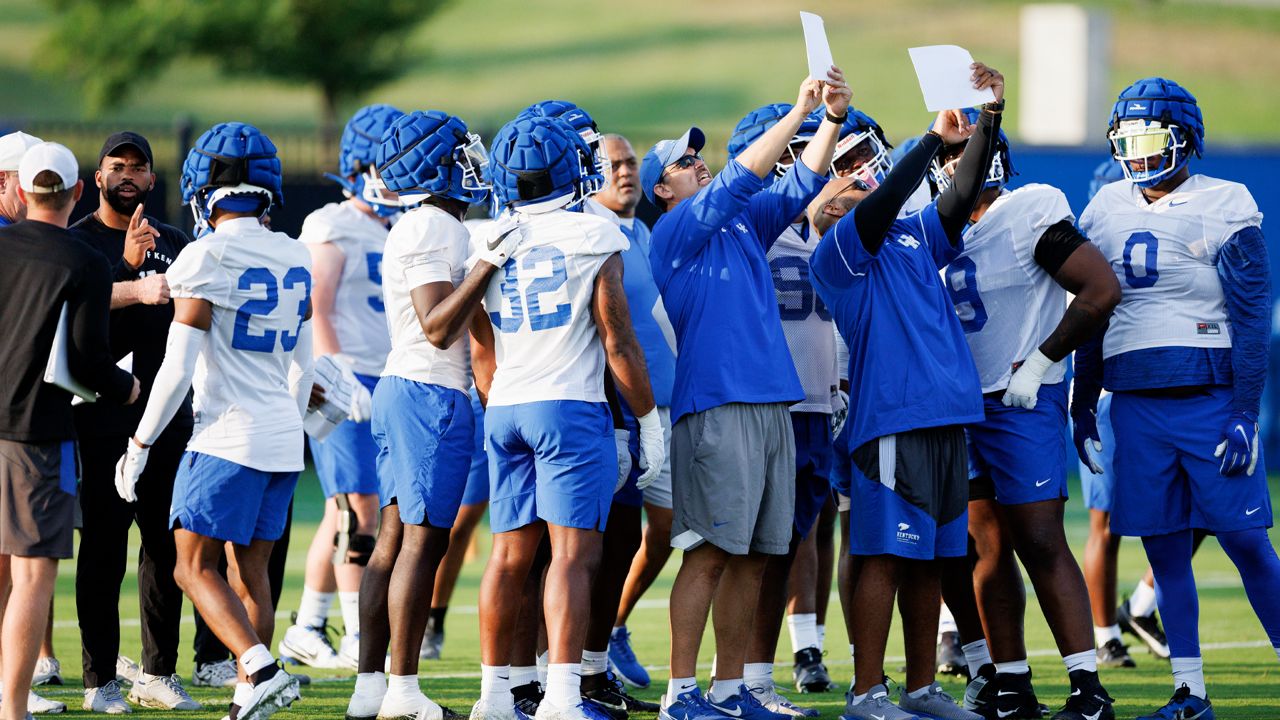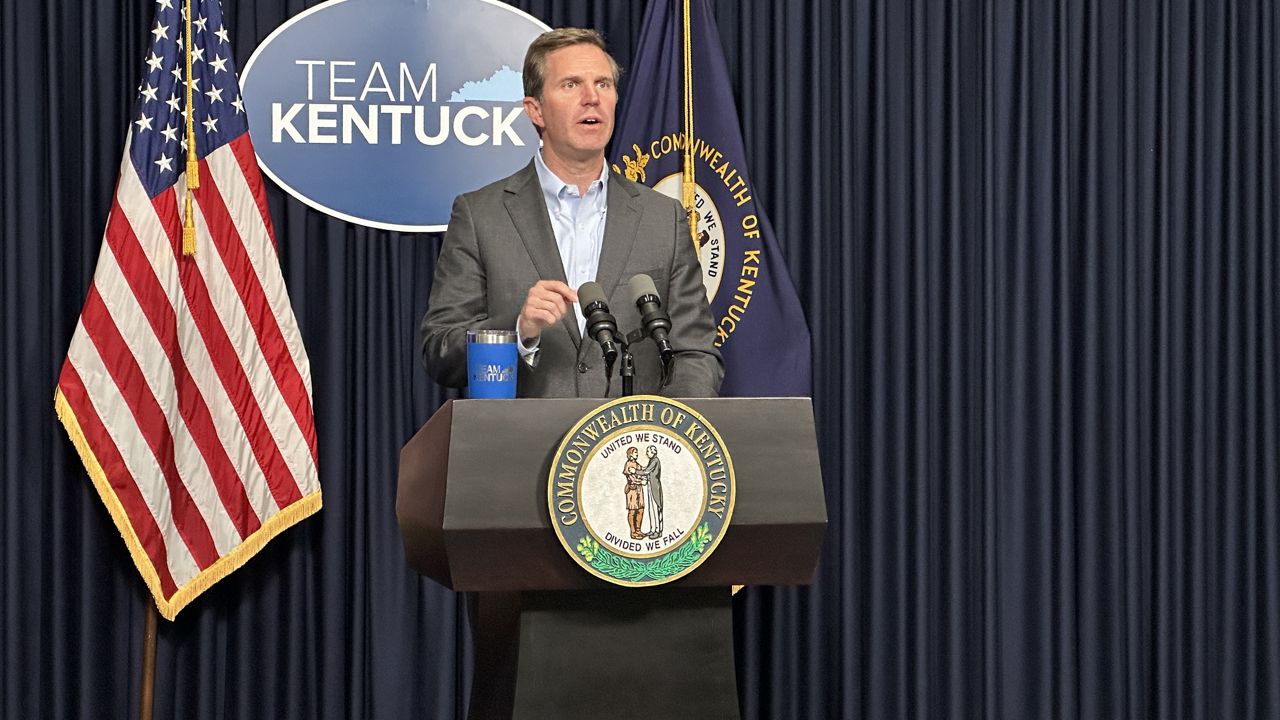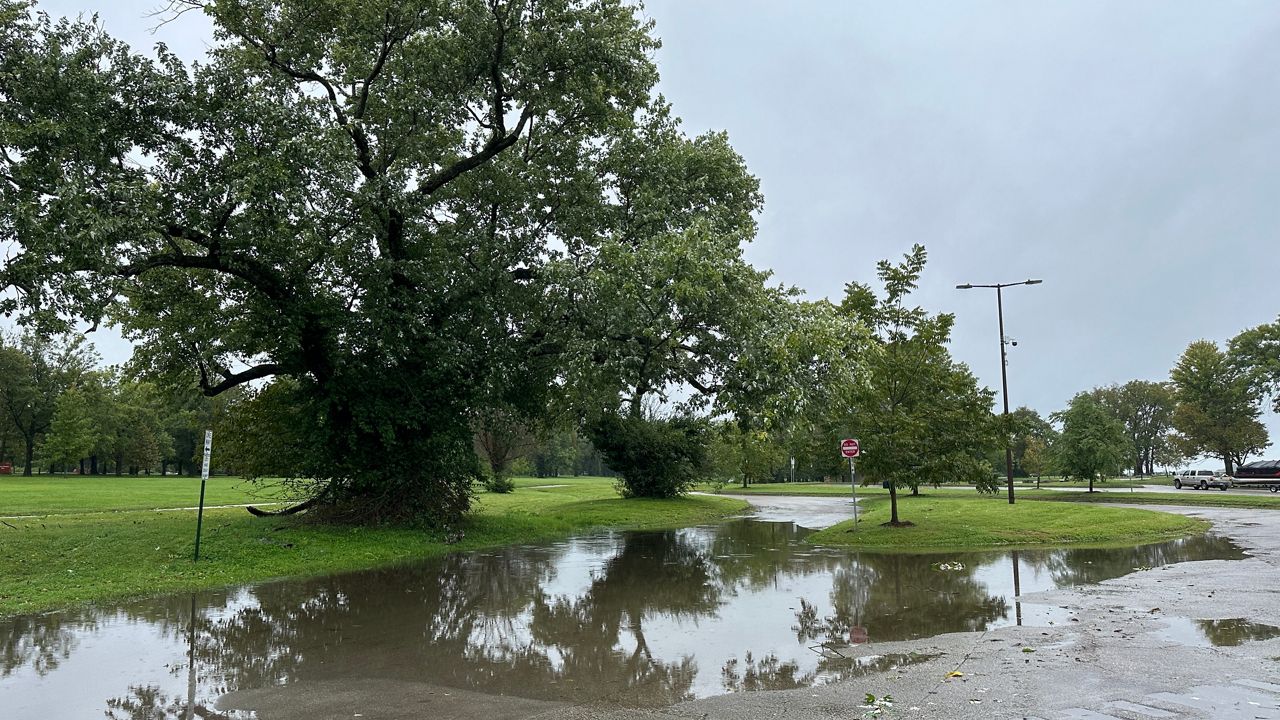LOUISVILLE, Ky. — At the first presidential debate in late September, President Donald Trump called on his supporters to show up at polling places on Election Day to watch for any signs of election fraud.
“That's what has to happen — I am urging them to do it," Trump said. For weeks, his campaign has also sought to enlist what it calls an “Army for Trump” to stop Democrats from pulling “their old dirty tricks on Election Day.”
But in Kentucky, there are strict rules governing who can be a poll watcher, or poll challenger as they’re called in state law, and what they’re allowed to do at the polls. Poll challengers are prohibited from campaigning on behalf of a candidate and they're required to be quiet observers, said Ken Katkin, a professor at Northern Kentucky University’s Chase College of Law.
“They’re not allowed to communicate in any way with any voter,” Katkin added. Kentucky state law lays out a handful of reasons a poll challenger might dispute a voter’s eligibility to cast a ballot, including the suspicion that the person is not who they say they are, that they’re not registered to vote, or that they’re voting in the wrong location.
“If the certified poll watcher has reason to think that one of those disqualifications applies, they can whisper that to the poll workers and the poll workers have to address it,” he said. Odds are there won’t be much to whisper about though. As Katkin noted, “There’s never been any evidence of significant amounts of in-person voter fraud anywhere in the United States.”
Poll challengers also can’t just show up on Election Day. They must be appointed by political parties and have their name submitted to the county clerk 20 days prior to the election. Both Gov. Andy Beshear and Secretary of State Michael Adams have emphasized this point.
"There will be no general public going into polling stations to watch other people vote," Beshear said recently.
“There's no provision in Kentucky law for just random people to be vigilantes and go police the election,” Adams told Spectrum News 1.
Such behavior would likely constitute voter intimidation, which could include anything from physically blocking polling places to disrupting voters on their way to the polls. This type of behavior has already been seen at early voting sites around the country and Adams advised Kentuckians who “witness voter intimidation or other unlawful conduct at the polls” to notify a precinct officer.
He also downplayed the chance of seeing such encounters. “We’ve gotten no reports of voter intimidation whatsoever,” Adams said.
But some experts say voter intimidation can take place without people accosting voters on Election Day. The Trump campaign’s use of war-time rhetoric — supporters can text “ENLIST” to join the “Army for Trump” — and his calls for the policing of polling places could dissuade some people from voting all together. That could end up being more harmful to free and fair elections than that which it's attempting to prevent, accoinding to Katkin.
“Certainly voter intimidation and voter suppression could have a much greater impact on elections that in-person voter fraud has ever had,” he said.








